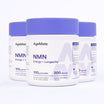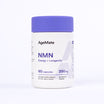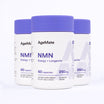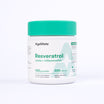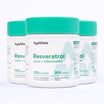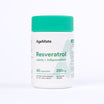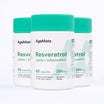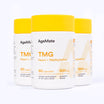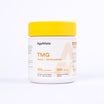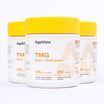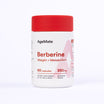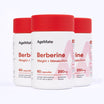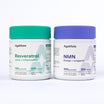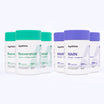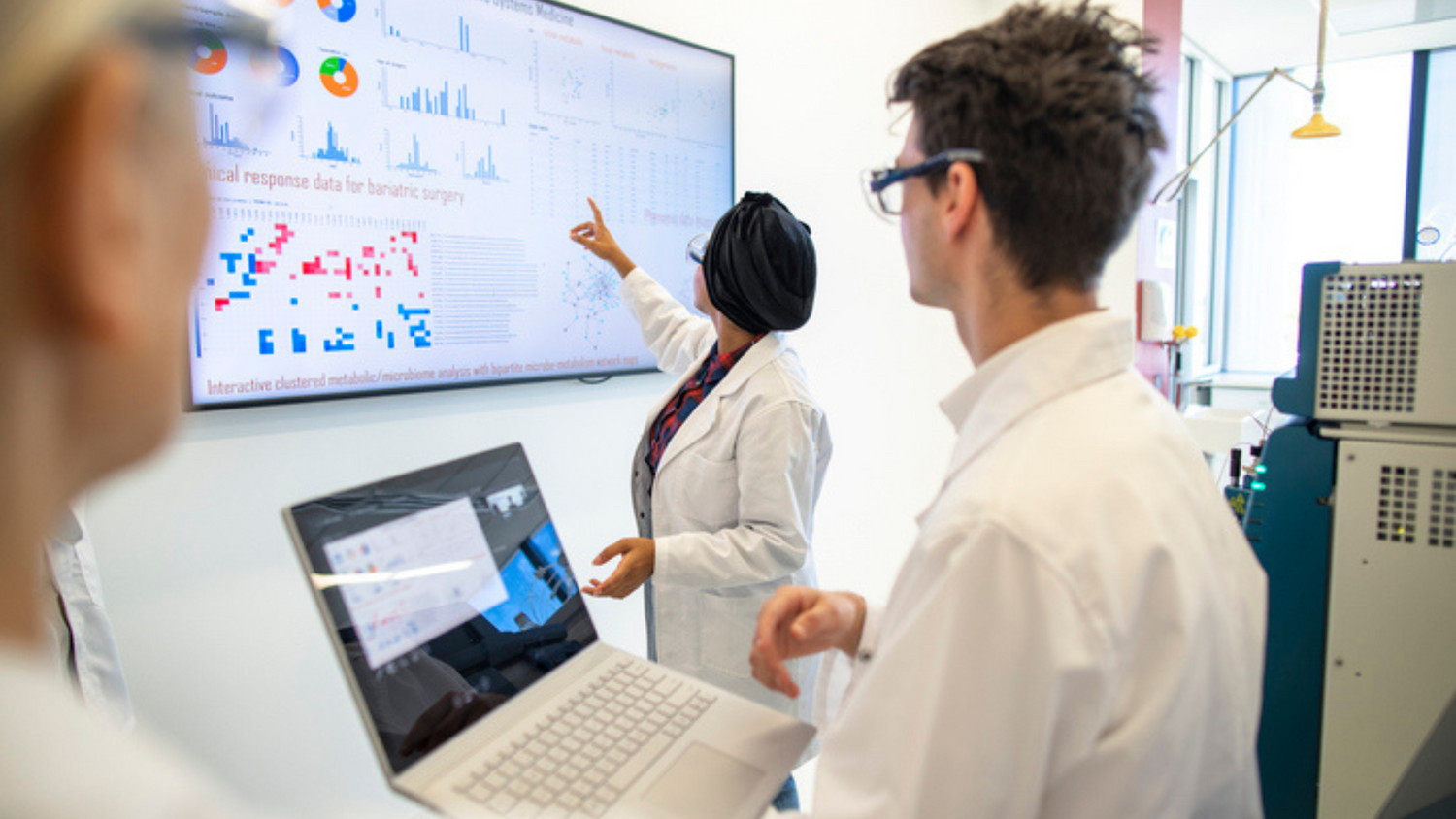Key Takeaways:
- Longevity blood tests provide essential biomarkers that help gauge your biological age and identify ways to improve your health.
- Genetic and lifestyle testing offers valuable insights into how your body ages and what steps you can take to enhance your well-being.
- Future advancements in AI and microbiome testing promise more personalised longevity predictions.
_______________________
Advances in medical technology, better lifestyle habits, and a deeper understanding of genetics are playing crucial roles in extending lifespans. While we may not have found the ultimate recipe for immortality, there are fascinating tests available that can help you maintain your health for as long as possible.
This blog will explore the best tests you can take today to gauge your longevity and life expectancy, alongside the exciting developments we may see in the future. Let’s dive into the science behind these tests and how they can empower you to live a longer, healthier life.
Assessing Health with Blood Tests
Blood tests are one of the most powerful tools for evaluating overall health and longevity. These tests provide a wealth of information by measuring key biomarkers that signal how well your body is functioning. Regular monitoring of these markers offers a deeper understanding of your health trends over time, which can help you make lifestyle adjustments to improve your wellbeing.
Here are some of the most important blood tests for assessing longevity:
Lipid Panel: This measures cholesterol levels, particularly LDL (bad cholesterol) and HDL (good cholesterol), which help assess heart disease risk—a significant factor in life expectancy (R).
Fasting Glucose: This test measures your blood sugar levels, providing insights into your metabolic health and your risk of developing type 2 diabetes (R).
Complete Blood Count (CBC): This test measures red and white blood cells, platelets, and hemoglobin levels, helping to detect anemia, infections, and other blood disorders (R).
Inflammatory Markers: C-reactive protein (CRP) levels indicate the presence of inflammation in the body, a key driver of age-related diseases like heart disease and arthritis (R).
Vitamin D and B12 Levels: These vitamins are crucial for bone health, immune function, and energy levels. Deficiencies can lead to a range of health problems, impacting longevity (R).
While blood tests provide a valuable snapshot of your health, it's essential to combine them with insights into your genetics and lifestyle to get a complete picture of your longevity.

Metabolic Markers: The Heart of Longevity
Your metabolism plays a significant role in how your body ages. Blood tests measuring cholesterol, glucose, HbA1c (a marker for long-term blood sugar control), and insulin levels offer a comprehensive view of your metabolic health.
Cholesterol: High LDL cholesterol levels are linked to a higher risk of cardiovascular disease, which is a leading cause of premature death (R).
Glucose and HbA1c: Elevated blood sugar levels and poor HbA1c scores suggest impaired metabolic health, increasing the risk of diabetes (R).
Insulin: Insulin resistance, often revealed through fasting insulin tests, can lead to diabetes and other metabolic disorders, shortening your lifespan (R).
Monitoring these markers regularly can help you make informed decisions about your diet and exercise routines to improve your metabolic health and longevity.
Hormonal Health: Balancing for Longevity
The Importance of Hormone Testing
Hormones, from thyroid function to sex hormones, are essential in maintaining a healthy body as you age. Hormonal imbalances can lead to weight gain, fatigue, mood changes, and more, all of which can impact your life expectancy.
Thyroid-Stimulating Hormone (TSH): This hormone regulates metabolism and energy levels. Imbalances can lead to either hyperthyroidism (overactive thyroid) or hypothyroidism (underactive thyroid), both of which affect your overall health (R).
Sex Hormones (Testosterone and Estrogen): These hormones play vital roles in energy, mood, bone health, and muscle mass. Imbalances, particularly in testosterone levels, are linked to fatigue, reduced muscle strength, and decreased life expectancy in both men and women (R).
Regular hormone testing allows you to catch imbalances early, making it easier to maintain optimal health as you age.

Genetic Testing: Insights into Longevity
Your genetic makeup can reveal a lot about how you are likely to age. Genetic tests identify variations that may increase your risk of certain age-related diseases or provide clues to how your body processes nutrients.
APOE Status: Knowing your APOE genotype helps assess your risk for cardiovascular disease and Alzheimer's disease. Certain APOE variants are linked to a higher risk of these conditions (R).
MTHFR Gene: This gene influences your body's ability to methylate, a process vital for detoxification, DNA repair, and overall health. People with certain MTHFR variants may have a higher risk of chronic disease and ageing-related health problems (R).
By understanding your genetic predispositions, you can proactively mitigate risks and improve your longevity.
Biometric Testing: Tracking the Signs of Ageing
Biometric tests, such as heart rate variability (HRV) and blood pressure, are easy, non-invasive ways to track important health indicators over time.
Heart Rate Variability (HRV): HRV measures the variation between heartbeats, and a higher HRV is associated with better cardiovascular health and longevity (R).
Blood Pressure: Consistently high blood pressure is linked to an increased risk of heart disease, stroke, and kidney problems. Keeping your blood pressure in check is crucial for long-term health (R).
Sleep Quality and Duration: Poor sleep has been linked to a higher risk of chronic conditions like obesity, heart disease, and diabetes—all of which can shorten your lifespan (R).
These simple but effective tests can help you keep track of your body’s ageing process and highlight areas that may need improvement.
Biological Age: A New Way to Measure Longevity
What is Biological Age?
Unlike chronological age, which simply counts the years you’ve lived, biological age reflects the actual condition of your body. This new form of testing looks at markers in your blood and DNA to estimate how well your body is ageing.
Biological Age Tests: These tests calculate your biological age by analysing various biomarkers associated with ageing, such as DNA methylation patterns. Your biological age may be younger or older than your chronological age, depending on your lifestyle and genetic factors (R).
Tracking your biological age can help you gauge the effectiveness of your lifestyle choices, such as diet and exercise, in slowing down the ageing process.
Future of Longevity Testing: What’s Next?
AI and the Microbiome
The future of longevity testing is filled with exciting possibilities. Artificial intelligence (AI) and microbiome research are areas of growing interest. AI can analyse vast amounts of health data, providing personalised longevity predictions. Meanwhile, your gut microbiome—home to trillions of bacteria—plays a vital role in immune function, inflammation, and metabolism. Emerging tests that analyse the microbiome may soon offer new ways to enhance your health and longevity.
Conclusion: Start Your Longevity Journey
While there is no single test that can predict your lifespan with certainty, using a combination of blood, genetic, and biometric tests provides invaluable insights into your health. By monitoring key markers, addressing hormonal imbalances, and understanding your genetic predispositions, you can take control of your health and increase your chances of living a longer, healthier life.
Tests provide a great resource to understand how well your body is functioning. Nutrients provide the fuel for your body to function at it’s best. Our Longevity Blend contains nutrients that have been researched for their ability to support health, wellbeing and longevity.



